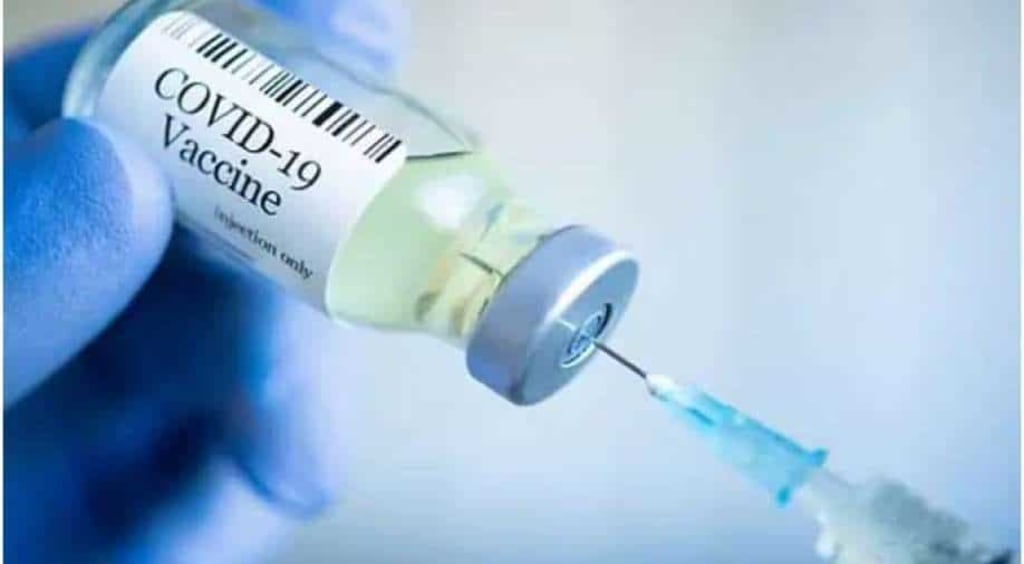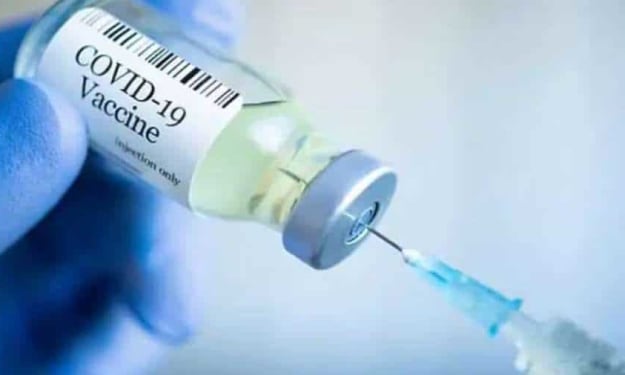When will the omicron surge in the San Francisco Bay Area reach its pinnacle?
COVID - 19

The highly contagious omicron form is driving an unprecedented number of COVID-19 cases in the San Francisco Bay Area, as it is across the country. As of Jan. 4, San Francisco's seven-day average of 1,525 new cases per day was more than four times the peak of 373 cases per day previous winter.
But how long will this surge of instances endure, and when will we reach its apex?
According to public health officials and specialists, the solution will come shortly.
At a news conference on Tuesday, San Francisco Health Director Dr. Grant Colfax indicated that cases and hospitalizations would continue to rise in the coming days, but that the peak is near. "We have reason to anticipate we'll turn the corner shortly," Colfax added, "but we're not there yet."
Dr. Jeanne Noble, the head of COVID response at UCSF's emergency department, is on the front lines of the pandemic and believes the peak will be around Jan. 15. "However, it's still difficult to forecast and might take a little longer," Noble added.
It might climax within the next week, according to Dr. Peter Chin-Hong, an infectious diseases expert at UCSF. In an email, Chin-Hong noted, "South Africa peaked 3-4 weeks after their omicron spike began (right before Thanksgiving)." "London is easing off the gas, and New York and DC are likely to have reached a halt (they have a two-week head start on us)."
Hospitalizations for COVID normally peak two to three weeks following the rise in cases, but specialists told SFGATE that hospitalizations for the omicron version may not lag as long as they did with prior forms. This is because many COVID patients were admitted to the hospital for causes other than COVID, such as a hip fracture or intestinal blockage, and then tested positive despite having no symptoms.
The number of persons hospitalized in California with COVID-related significant disease is substantially fewer now than it was at this time last year, when immunizations were in short supply. The omicron variety, which, according to various studies, produces more mild disease than prior strains of the virus, currently accounts for 79 percent of infections in California.
Noble discovered that 70% of COVID-positive patients at UCSF hospitals were in the hospital for other reasons after analyzing their paperwork on Jan. 4. The number of COVID-19 hospitalizations in Marin County increased dramatically last week. However, at least 42 percent of the 19 persons hospitalized in the county were unintentional cases, including five patients in a mental unit who showed no signs of the virus.
Nonetheless, Chin-Hong said it's impossible to forecast when hospitalizations would peak, and he predicts "an unexpected slow burn for many weeks in the hospital," with a peak in late January and lasting into February.
"Our demographic is substantially older, and there is a larger proportion of seriously immunocompromised patients, which may contribute to a more uncertain hospital curve here," Chin-Hong noted. "Fortunately, there has been less of a jump in ICU bed utilization, therefore there is less of a ventilator shortage in California... compared to past surges."
While hospitalizations are on the rise in the city, Colfax claims that "numbers are not nearly as high as they would be if we didn't have such tremendous immunization coverage." In San Francisco, 85 percent of the eligible population (those aged 5 and above) has received all of their vaccinations.
"We're hopeful that, because to our city's strong vaccination and booster rates, we'll be able to get through this omicron spike without running out of those critical intensive care unit beds," Colfax added.
Despite the fact that the peak is likely approaching, public health experts are urging everyone who hasn't been vaccinated or boosted to do so as soon as possible. "It is exceedingly unlikely that you would be hospitalized due to COVID if you are up to date on your vaccines," Colfax added.






Comments
There are no comments for this story
Be the first to respond and start the conversation.